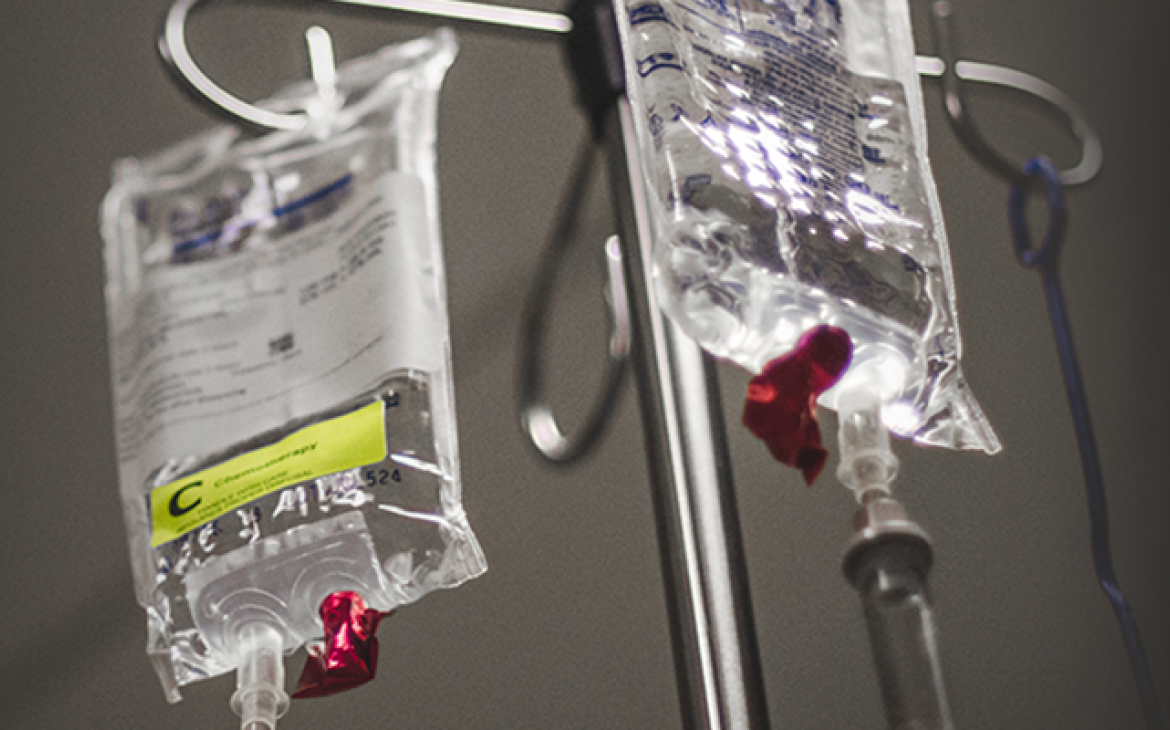
Hundreds of global public health experts converged in late May 2023 in Geneva, Switzerland for the 76th meeting of the World Health Assembly (WHA), the decision-making body of the World Health Organization (WHO). The engaging dialogue made clear that ensuring medicines supply chain resilience is integral to key priorities WHA has set forth to promote public health. These priorities include: bolstering pandemic preparedness and response, promoting patient safety (e.g., addressing substandard and falsified medicines), global action to combat antimicrobial resistance, expanding availability of quality health care, and increasing regional and local production of medicines.
To address longstanding medicines supply chain vulnerabilities that were made even more obvious during the COVID-19 pandemic – and advance related WHA priorities – the U.S. Pharmacopeia (USP) is leveraging its longstanding leadership in the development of public standards and quality-focused solutions, its recognition as a non-state actor in official relations with WHO, and its role as a convenor of diverse stakeholders to improve global health.
To that end, USP convened an event May 24 on the sidelines of WHA in Geneva with stakeholders from across the healthcare ecosystem for an engaging dialogue aimed at sharing perspectives, tackling risks to the global medicines supply chain, building resilience, and fostering international collaboration.
This was USP’s first time hosting a side event at WHA since 2019, before the pandemic, and it was an ideal setting for sharing lessons learned and approaches to common challenges in strengthening supply chain resilience. Titled “Making Resilience a Reality: Strengthening Today’s Medicine Supply Chains for Tomorrow’s Challenges,” this signature USP event featured discussions from experts around the globe, including representatives from WHO, Unitaid, and the South African Health Products Regulatory Authority; the minister of health from Pakistan; as well as experts from industry and USP.
As the COVID-19 pandemic showed, the global medicines supply chain is vulnerable to disruptions that can lead to potential drug shortages and jeopardize the quality of available medicines. To address these vulnerabilities, it’s clear more work is needed to support key elements of a strong global medicines supply chain. These include: international cooperation, manufacturing capability, ingredient and product quality assurance, regulatory capability, supply chain security, resilience, and trust. This year’s WHA gatherings – and the international cooperation they reflect – are just the latest step.
To date, progress points supported by USP global health programs and quality-focused solutions to advance supply chain resilience include:
- 90+ countries supported to strengthen health systems and medicines supply chains
- 118 manufacturers supported
- 40+ products approved by WHO or a stringent regulatory authority
- 66 national medicines regulatory agencies strengthened
- 91 control or clinical laboratories strengthened, including 37 that received global accreditation
As USP has done for more than 200 years, we will continue to evaluate and address opportunities to meet evolving stakeholder needs and emerging public health priorities, through standards and other quality-focused solutions. Through our work to bring together international regulatory bodies, industry, and health policymakers, we will advance quality in the global supply chain for medical products, helping to ensure that patients everywhere have access to the quality medicines they rely upon.


